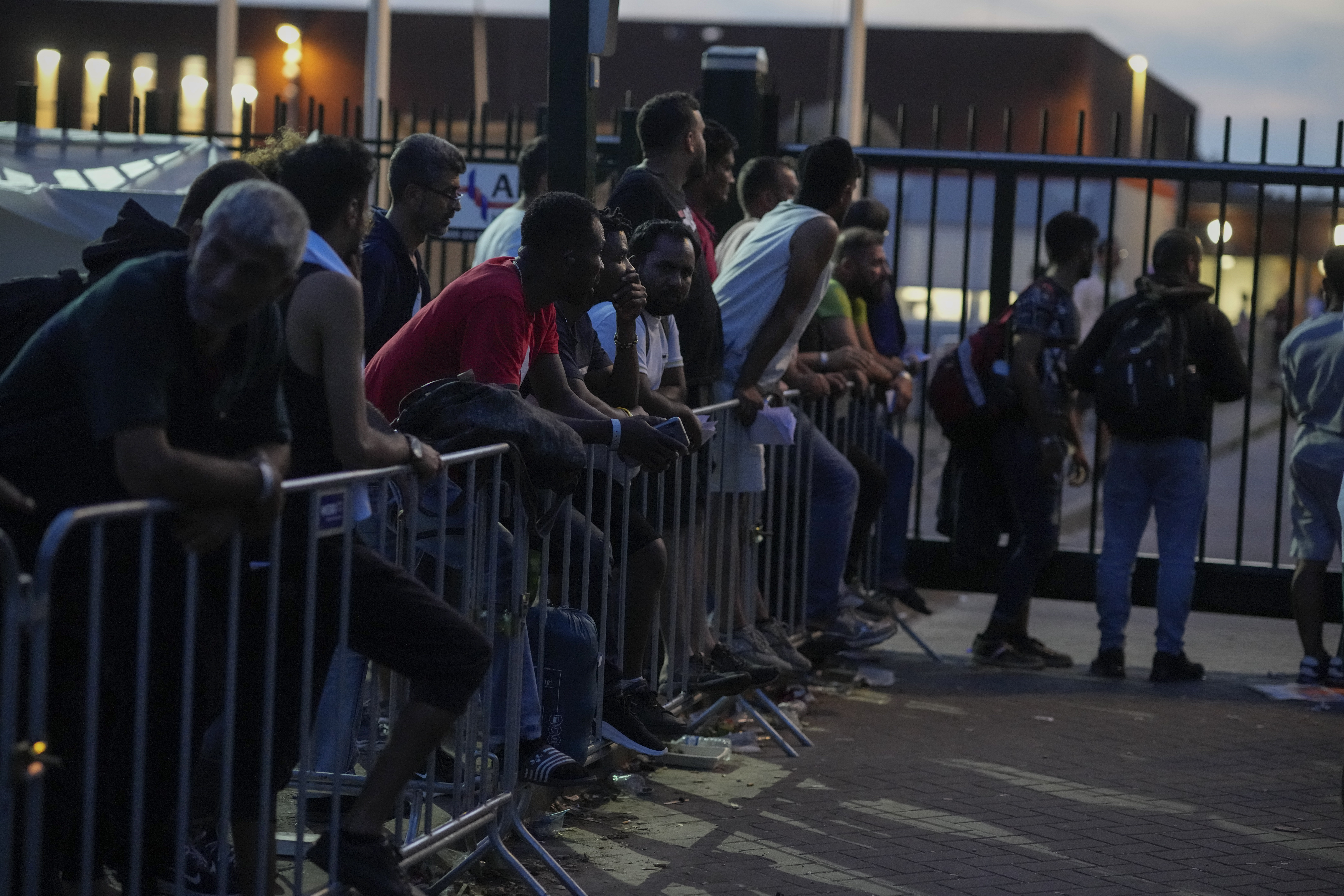The Dutch government has announced it will stop funding emergency accommodation for failed asylum seekers from next year, broadcaster NOS reported on Thursday.
In a rare restrictive measure by liberal Mark Rutte’s cabinet, the National Aliens Facility (LVV) will be cut from the budget despite local opposition. LVV provides funding to five key local authorities to house migrants who do not leave the Netherlands after their asylum applications are refused.
“Due to the increased costs of migration, choices have to be made,” explained Eric Van der Burg, the justice and security minister also responsible for asylum policy.
It will mean that the five major councils of Amsterdam, Rotterdam, Utrecht, Groningen and Eindhoven will lose the emergency funding starting in 2024, a move local officials warn will result in hundreds of rejected asylum seekers living on city streets.
“It is very important that we keep this form of accommodation, particularly because of the public safety aspects,” said Rutger Groot Wassink, responsible for social affairs and shelter in the city of Amsterdam. He claimed it was “nuts” to trim the €30 million budget for emergency housing at a time when the government has allocated an additional €8.7 billion to combat the migrant crisis enveloping the country.
Vluchtelingenwerk, a pro-refugee organization, claimed the move would see up to 5,000 failed asylum seekers still living illegally in the Netherlands turned out onto the streets.
[pp id=70646]
The decision has caused conflict within the five-party Dutch coalition government. Two dissenting minor parties, D66 and the Christian Union, both opposed the move to halt funding. They claim the move is a breach of an agreement reached on funding for migrants that facilitated the formation of the coalition government, an agreement that would have not just retained the program but expanded it nationwide.
“This arrangement provides a roof for undocumented migrants and safety on the streets. We must continue to support municipalities that are already committed to regular asylum reception,” said D66 MP Anne-Marijke Podt.
“Together with municipalities, this cabinet must simply implement the agreements for a nationwide network, precisely because that is now so important for municipalities, public order and decent asylum policy,” added Christian Union MP Don Ceder.
Not all are unhappy about the move, however, and the Dutch government will find support for it from members of his own VVD party, as well as from the PVV led by conservative Geert Wilders.
[pp id=39218]
Wilders has long been critical of the Dutch government’s handling of the migrant crisis, recently claiming that “this cabinet is not able to stop the asylum tsunami.”
“They are helping our country go to hell, and we have to stand up against it,” he added.
Further criticism was found among the anti-mass migration JA21 party, whose leader Joost Eerdmans said: “Rutte promised to reduce the asylum influx, but instead an asylum record threatens this year. The Netherlands is in an asylum crisis, but it is heading for an asylum disaster.”
The House of Representatives is scheduled to debate the country’s future asylum policy and the increased allocated budget proposed by the government on Wednesday.





